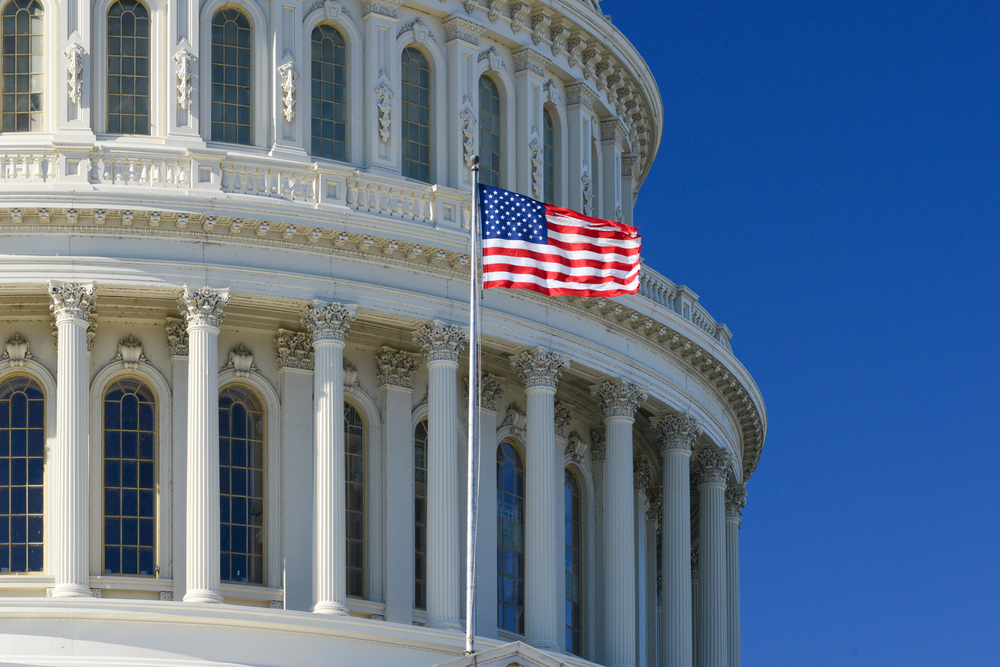A bipartisan group of senators have agreed on a framework for a regulatory relief bill that is designed to help community banks, credit unions, mid-sized and regional banks, as well as custody banks, while also providing consumer protections.

The legislation is currently being finalized and will be released upon its completion. Specifically, the legislation would improve consumer access to mortgage credit; provide regulatory relief for small financial institutions; protect consumer access to credit; provide specific protections for veterans, consumers and homeowners; and tailor regulations for banks to better reflect their business models.
The proposal was sponsored by members of the Senate Banking Committee, including U.S. Sens. Mike Crapo (R-ID), Joe Donnelly (D-IN), Heidi Heitkamp (D-ND), Jon Tester (D-MT) and Mark Warner (D-VA).
“A strong and vibrant economy is important for American consumers, businesses, and the stability of the financial sector,” Crapo, the chairman of the Senate Banking Committee, said. “The bipartisan proposals on which we have agreed will significantly improve our financial regulatory framework and foster economic growth by right-sizing regulation, particularly for smaller financial institutions and community banks.”
Donnelly said the bill would bring necessary regulatory relief to community banks and credit unions that are unintentionally burdened by rules intended for Wall Street institutions. It also offers new consumer protections, including for veterans, from data breaches.
Heitkamp said the bill “would provide needed relief to community banks and credit unions, so they can continue enabling small businesses to get financing to operate, helping farmers get loans to support their farms, and allowing families to buy homes in rural communities across our state. And it does all of this while strengthening protections for consumers.”
The number of community banks and credit unions have dropped by about two-thirds in the last 30 years. At the same time, more than 80 percent of the deposits in North Dakota still go to community banks, Heitkamp said.
The committee asked stakeholders last spring for their ideas on how to spur economic growth. After several hearings exploring the proposals, the committee leaders began formulating the regulatory reform package.
“Today’s announcement is the result of years of tough, bipartisan negotiations,” Warner said. “The goal is simple: to help Main Street by rolling back unnecessary and burdensome regulations on credit unions and small community banks while ensuring that large Wall Street banks remain subject to the rules I helped put in place after the financial crisis to prevent another meltdown. This proposal makes targeted, common sense fixes that will provide tangible relief to the community banks that are lifelines for smaller and rural communities.”
Banking industry groups called it a step in the right direction.
“The agreement makes some meaningful regulatory changes, including providing the Federal Reserve flexibility to make a more complete assessment when designating certain institutions systematically important. This is a significant first step and we urge Congress to continue working toward policies which consider risk rather than arbitrary asset thresholds,” Consumer Bankers Association President and CEO Richard Hunt said.
He added that the Consumer Bankers Association encourages the Senate to put forth legislation that establishes a bipartisan commission at the Consumer Financial Protection Bureau. A commission would serve as an effective regulator regardless of which political party occupies the White House.
“This bipartisan effort is directionally positive as it seeks to modernize regulations while protecting consumers and driving economic growth,” Tim Pawlenty, CEO of the Financial Services Roundtable, said.
FSR has long supported the idea of tailoring regulations appropriately and not taking a one size fits all approach to financial regulations, Pawlenty added. It also supports shifting to a risk-based systemic designation framework rather than using arbitrary thresholds.